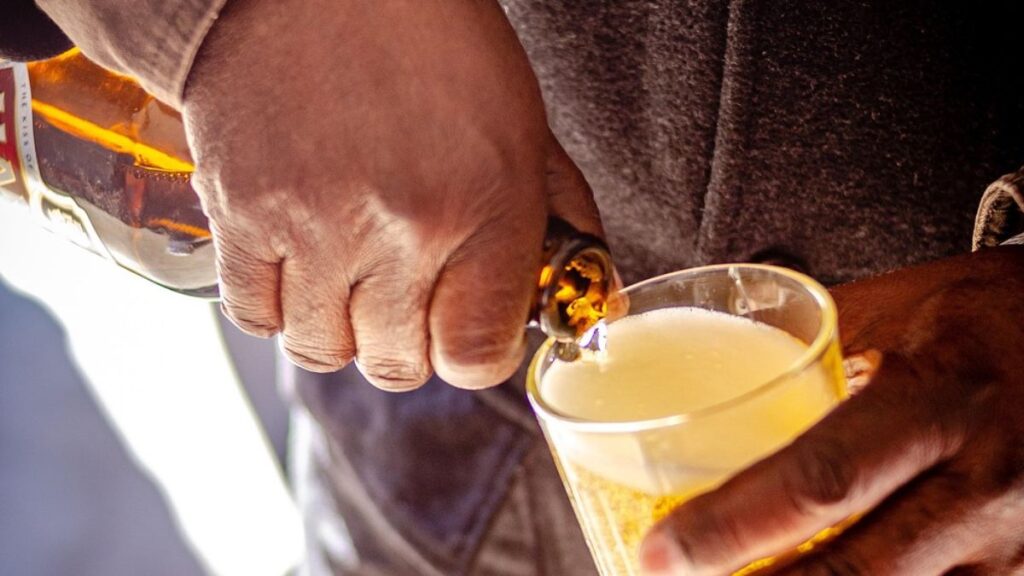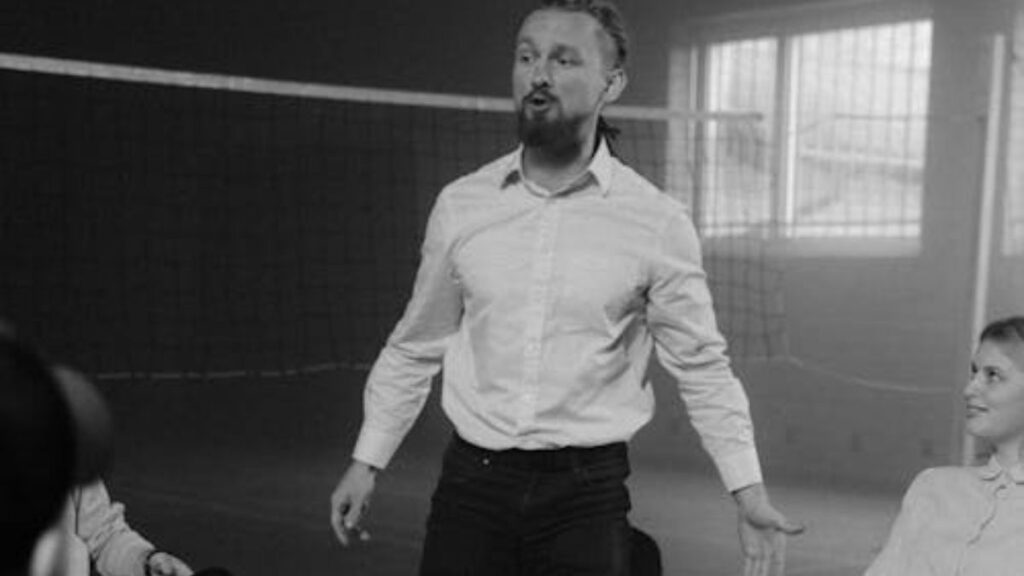Picture this: you’re trying to fix a leaky roof while rain pours down. Pretty tough, right? That’s what it feels like to live with both addiction and a mental health issue at the same time. This is called dual diagnosis. Millions face it every year.
Research from the National Institute on Drug Abuse shows that about half of people with a substance problem also deal with a mental health condition. In 2023 alone, over 20 million adults in the U.S. had a dual diagnosis. The good news? With the right treatment, people do get better.
What Is a Dual Diagnosis?
A dual diagnosis means two struggles at once—mental health symptoms plus substance use. For example, someone with depression may drink to feel better. Or a person with anxiety may use stimulants for relief. But soon, both problems fuel each other.
Studies reveal that more than a third of alcohol users and over half of drug users also face a serious mental health issue. Does one always come first? Not really. It’s like the chicken-or-egg question. One can trigger the other, but both keep each other going.
So what works best? Treating them together. That’s why a dual diagnosis treatment center can make all the difference.
Mental Illness and Substance Use: How They Interact
When mental illness and substance abuse overlap, the results can feel tangled—like two wires twisted tight. Pull one, and the other tightens.
Here are some examples:
- Depression with Alcohol Use: People often drink to ease sadness. But alcohol is a depressant, so it worsens the problem.
- PTSD with Opioids: Trauma survivors may use opioids to numb pain. Over time, it can lead to dependence.
- Bipolar Disorder with Stimulants: Stimulants can push mania higher, making mood swings more extreme.
One study shows that people with severe mental illness consume nearly 40% of all alcohol in the U.S., almost half of all cocaine, and over half of opioid prescriptions.
Does this mean recovery is out of reach? No way. It proves why treating both at once is vital.
Recognizing the Signs of a Dual Diagnosis
Spotting dual diagnosis isn’t easy. The signs often overlap. But here are a few red flags:
- Using alcohol or drugs to manage stress or emotions
- Mood swings, anxiety, or depression that don’t lift—even when sober
- Pulling away from friends, work, or hobbies
- Needing more of a substance to feel normal
Have you ever heard someone say, “I drink to calm my nerves” or “I can’t focus without a pill”? These are everyday clues that mental health and substance use may be linked.
Denial in Dual Diagnosis
Substance abuse and mental health disorders like depression and anxiety are closely linked, yet one doesn’t always cause the other. Many try to self-medicate with alcohol or drugs, easing symptoms for a short time—but this often worsens both conditions over time. Substance use can trigger new mental health issues, intensify existing symptoms, or interfere with medications, making recovery harder.
Denial is common. Fear of judgment or weakness keeps many from facing the truth. But these struggles can affect anyone. Acknowledging the problem and seeking help is the first step toward healing, strength, and lasting recovery.
Why Integrated Treatment Matters
Treating only one problem is like patching a broken pipe with tape. It won’t hold. That’s why integrated care works best. Studies show that nearly half of people respond well when both conditions are treated together.
A dual diagnosis treatment center usually blends different therapies. Here’s what that may include:
- Therapy: CBT helps replace negative thoughts with healthier ones. DBT teaches coping skills and reduces harmful behaviors.
- Medication: Certain prescriptions work for both. For example, bupropion treats depression while also helping with nicotine cravings.
- Group Support: Sharing with others facing the same struggle builds hope and accountability.
- Inpatient Care: Residential programs provide structure while addressing both mental health and addiction.
Doesn’t it feel good to know you don’t need to “fix one first”? Both can heal together.
Dual Diagnosis Rehab: What Recovery Looks Like
Recovery isn’t a straight path. It’s a journey of small wins and new habits. A dual diagnosis rehab program helps guide people step by step.
A typical journey might include:
- Detox: Safely clearing substances with medical support. For example, someone with alcohol use disorder may undergo monitored detox to reduce withdrawal risks.
- Therapy: Addressing both mental health and substance use. A person with depression and opioid addiction might work in CBT sessions to manage cravings and mood swings.
- Skills Training: Building coping tools. Mindfulness, stress relief, and relapse prevention help people handle triggers, like learning to pause instead of reaching for alcohol when stressed.
- Long-Term Support: Staying connected. Peer groups, ongoing counseling, or medications, such as antidepressants, help maintain progress over months or years.
Does it take effort? Yes. Is it worth it? Absolutely. Recovery through a dual diagnosis treatment center is possible—and lasting.
Examples of Hope: Real-World Outcomes
Numbers tell a hopeful story. SAMHSA reports that almost half of people with dual diagnoses reach long-term recovery when both issues are treated together.
Research in the Journal of the American Medical Association also shows that integrated care lowers relapse rates. Follow-up studies reveal that people in these programs are more likely to rebuild relationships, keep jobs, and enjoy life again.
Think about it—how inspiring is it to see people go from feeling trapped to thriving in their communities? That’s the power of the right care.
Building a Strong Foundation for Recovery
Treatment is only the beginning. Recovery lasts longer with healthy daily habits. Here are three key tools:
- Support Networks: Staying close to peers who understand keeps motivation high.
- Healthy Living: Exercise, good food, and enough rest boost mood and resilience.
- Mindfulness: Practices like journaling or meditation lower stress and reduce triggers.
Imagine waking up clear-headed, motivated, and at peace. That’s what a strong foundation for recovery feels like.
The Bigger Picture: Why Awareness Matters
Dual diagnosis isn’t rare. It’s more common than many people think. The good news? Awareness keeps growing. Treatment options keep improving.
By spotting the signs early, finding a dual diagnosis treatment center, and committing to integrated care, people can break free. Even more, they can inspire others who feel stuck in the same cycle.
Your Path to Healing Starts Here.
Dual diagnosis may feel overwhelming at first, but it doesn’t have to be a dead end. When mental health challenges and substance abuse occur together, addressing both at once is the most effective way forward. Research shows integrated care improves recovery outcomes and helps sustain long-term wellness.
At Positive Sobriety Institute in Chicago, Illinois, our dual diagnosis treatment center provides tailored therapies, support groups, and medical guidance to help you manage both conditions simultaneously. Whether it’s cognitive behavioral therapy, medication management, or skill-building programs, every element works together to promote healing. Recovery is possible—and it happens every day. By taking that first step and reaching out to Positive Sobriety Institute, you can begin a journey toward clarity, strength, and lasting change. Don’t wait—contact us today and discover how integrated dual diagnosis treatment can help you reclaim your life.




